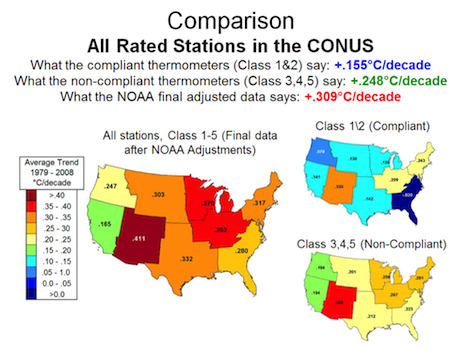Tom Bailey explains that the reasons we’ve been given for the renewed attacks on plastic bags are not the real reason for the ongoing struggle:
Individually, a plastic bag weighs about eight grams. In total, we use about 10 billion of them a year, adding up to around 80,000 tonnes of plastic bags. A large number, perhaps, but not when compared with total municipal waste. The total amount of household waste produced each year is 29.6million tonnes. This means that plastic bags make up a mere 0.27 per cent of what we all throw away every year. This percentage would become even smaller if we were to include commercial and industrial waste in our calculations.
The total amount of oil used to produce plastic bags is also exaggerated, considering that most plastic bags are made using naphtha, a part of crude oil that isn’t used for much else and would probably be burnt away otherwise.
So what’s going on here? Why the panic about a simple little bag? The assault on plastic bags is really an assault on consumerism. There is a prevailing view among the green and mighty that consumerism is bad. It is portrayed as being a modern-day vice, devoid of meaning, something which atomises society, corrupting us through crude materialism and distracting us from more important issues.
Plastic bags are an outward reflection of the ease with which people can buy goods and take them home. People now have the disposable income to enter a shop unexpectedly and buy a load of stuff, and plastic bags mean they can rest assured they they will have the means to carry their purchases. How often do people returning home from work decide, on a whim, to make a quick stop at Tesco Express to buy a few items of food? How frequently, perhaps on a journey past Oxford Street, are we drawn into a sale by a piece of attractive clobber? Such nonchalant consumption would be made more difficult, perhaps more expensive, without shops’ provision of handy, free plastic bags.
I guess I must be a puppet of “Big Plastic”, as I’ve posted about this issue a few times already.




